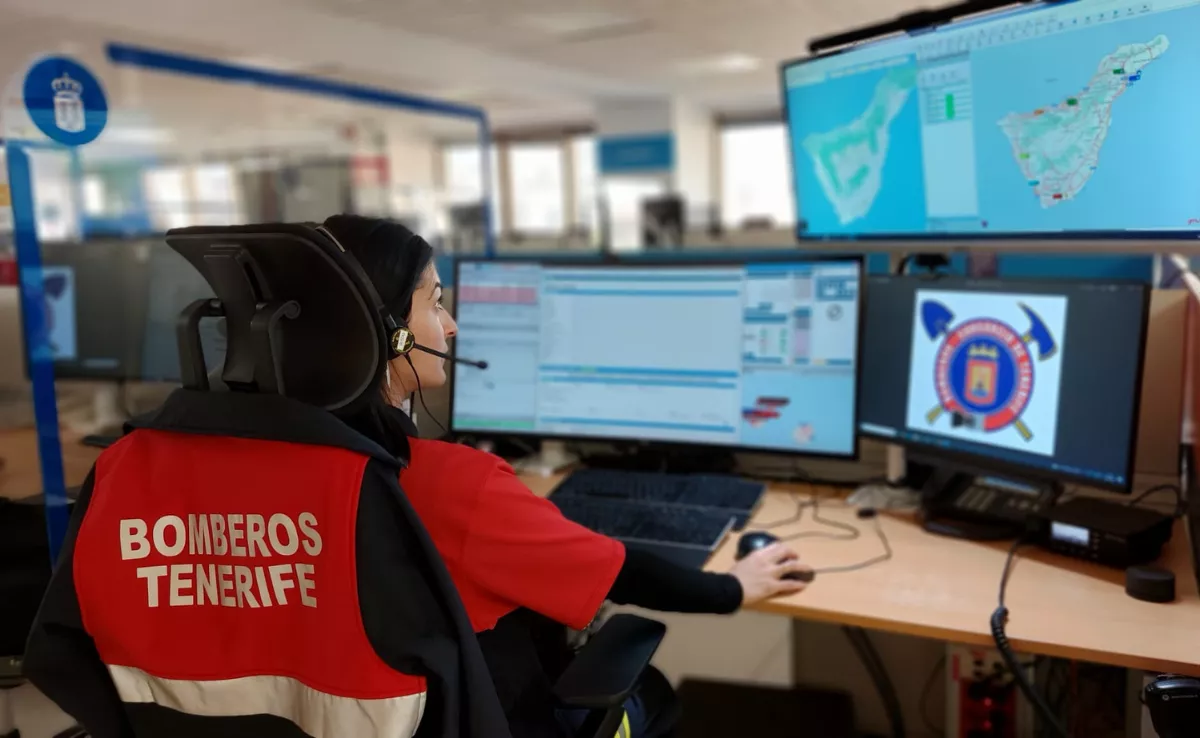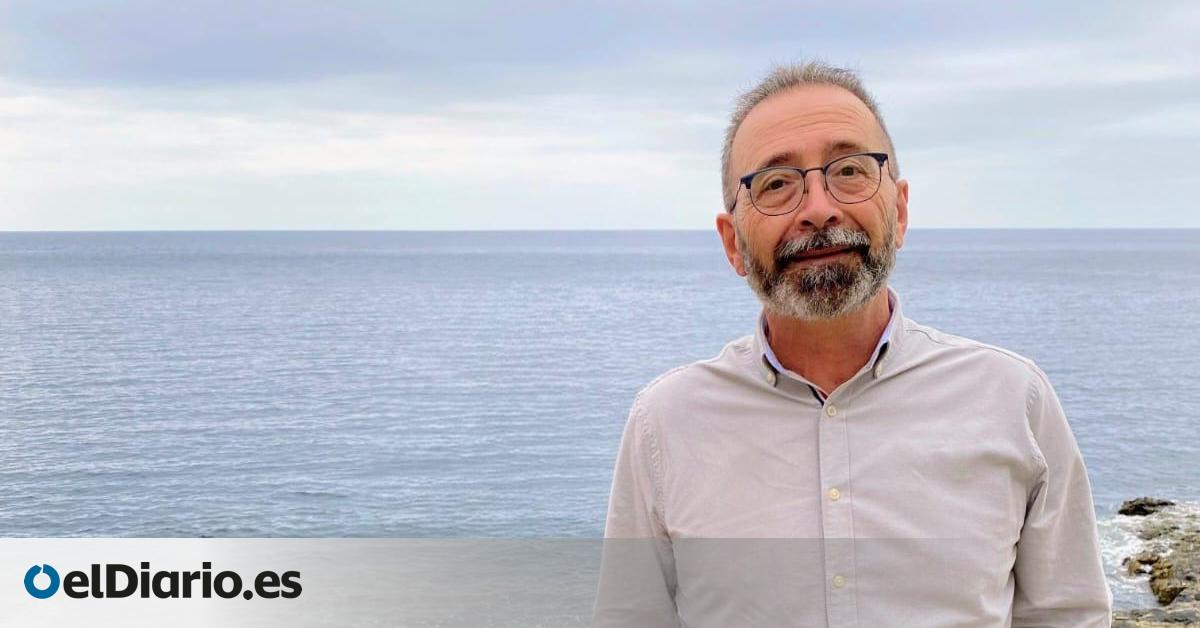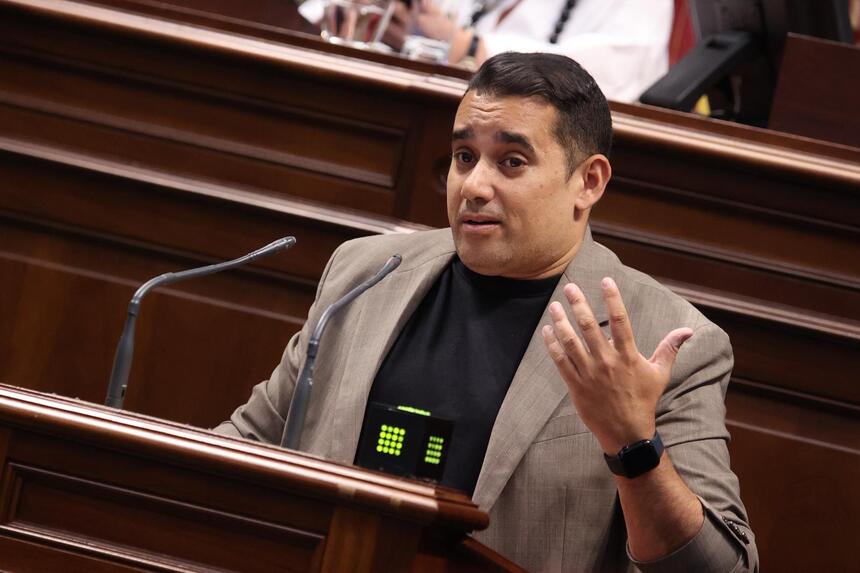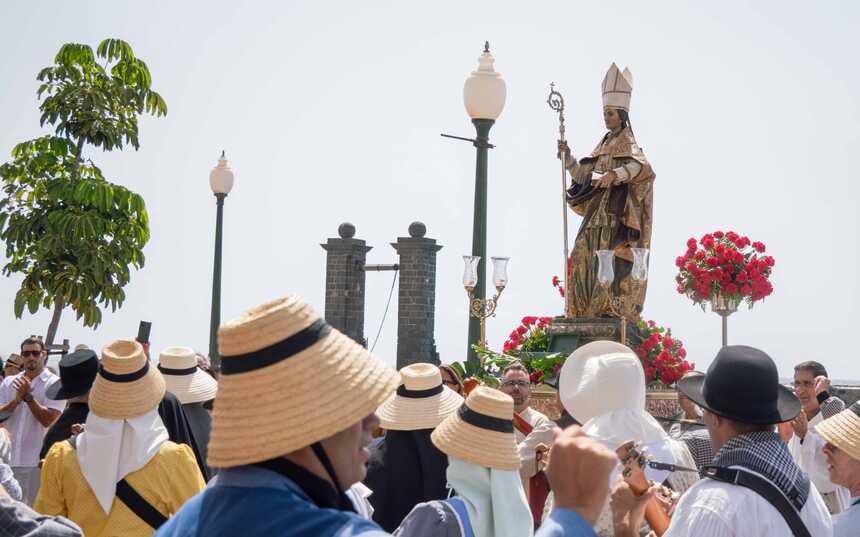
The Government of Spain, led by Pedro Sánchez, has taken a decisive step with the approval on Tuesday, 26 August, of the Royal Decree on the Ordinary Capacity of accommodation systems across the various territories of the country. This is a significant regulation that allows us to make progress in the protection of unaccompanied migrant children and adolescents, ensuring that no autonomous community becomes overwhelmed and that solidarity translates into concrete actions.
New Contingency Measures
From now on, communities that triple their ordinary capacity—defined as the minimum number of places their accommodation systems must have available—will be declared in a state of extraordinary migratory contingency. This will activate a mechanism enabling the transfer of minors to other communities with greater capacity to respond.
Estimated Numbers and Judicial Challenges
The initial estimates from the Ministry suggest that 3,975 children and adolescents will be moved from the Canary Islands, Ceuta, and Melilla, territories likely to be declared in extraordinary contingency. Additionally, this figure is expected to decrease by around one thousand, as the Supreme Court has acknowledged that minors applying for asylum must be excluded from this distribution.
Equity in Transfers
It is important to emphasise that transfers will be conducted in an orderly and objective manner, following criteria outlined in the Royal Decree, including population, per capita income, unemployment rates, and prior reception efforts. This ensures fairness and proportionality in the allocation of minors to each autonomous community.
Political Resistance
This process has not been straightforward. We have witnessed attempts at obstruction from some communities governed by the Popular Party, which have faced legal setbacks, such as two instances in Aragón, in trying to impede the development of a procedure that adheres to all legal guarantees. The rationale behind these manoeuvres is clear: the political ties of the PP with Vox, which has demanded in various regions a rejection of the binding and solidarity-based reception process in exchange for budgetary support.
Debunking Myths
Two falsehoods warrant clarification. Firstly, that the autonomous communities have not been consulted. This is far from the truth. The Ministry of Youth and Childhood has convened three Sectoral Conferences on Childhood and Adolescence and multiple Sectoral Commissions in just five months. Communities led by the PP have not put forward a single alternative; their sole position has been to block and refuse to implement the law.
The second falsehood is the claim that resources are insufficient. The Government has made available a fund of €100 million to cover transfers, reinforce the reception of relocated minors, and support communities that exceed their ordinary capacity. This represents the largest resource transfer in history for this matter. However, some communities, while reducing taxes for the wealthiest, argue that there are not enough resources to fulfil a moral and legal obligation: the protection of children. The definitive proof that this is not a funding issue is that the PP-led regional governments did not attend the latest Sectoral Conference, where a special credit of €22 million was to be approved specifically for the territories they govern: Balearic Islands, Ceuta, Melilla, and the Canary Islands.
A Humanitarian Approach
As the Insular Director of the General State Administration in Lanzarote, I want to convey a clear message: the protection of migrant children is not an ideological issue, but a humanitarian and legal one. This is not a debate about borders, but about dignity and rights. The Canary Islands have more than demonstrated their commitment, sustaining a huge effort over the years that will now, thanks to this Royal Decree, be shared across the country.
Spain once again shows that it is a supportive State that does not leave the most vulnerable behind and believes in shared responsibility. Migrant children cannot be used as a political bargaining chip. We owe these children protection, a future, and humanity.
Pedro Viera Espinosa, Insular Director of the General State Administration













